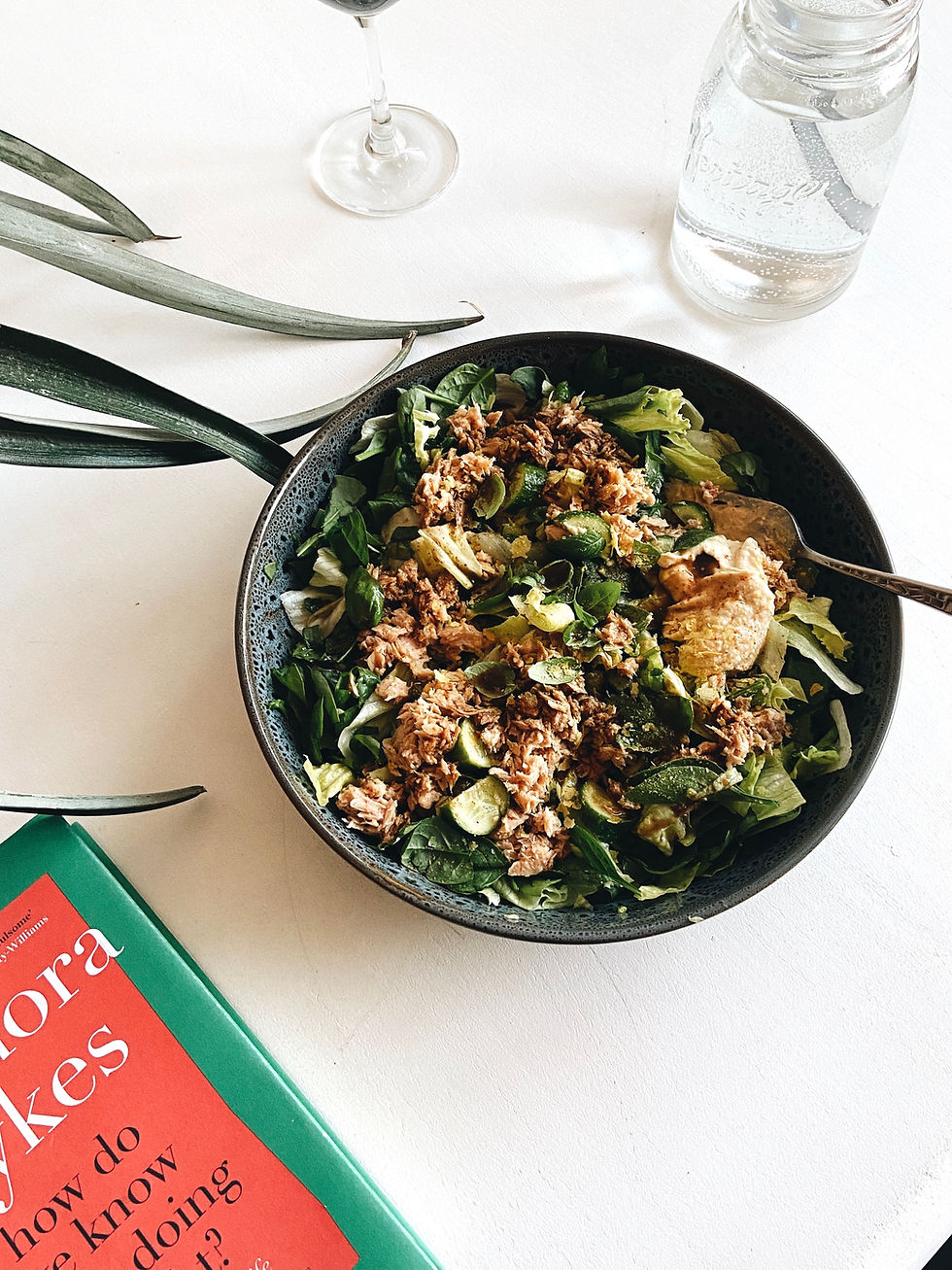THE ULTIMATE BRAIN ELIXIR
- By Lani

- Feb 17, 2019
- 4 min read
Updated: May 2, 2020

As the holiday season becomes a distant memory and work, school and university all perk up their ever persistent heads again- it’s time to take a quick minute of self assessment to check in on your new year’s resolutions…
Whether you’re into the whole “new year, new me” thing, or just prefer a simpler “new year, same me- just with some kick ass goals”, attainable ambitions are always something to strive for.
It’s easy to forget where you are now and what you’re aiming for in the future when the everyday hustle kicks in. Staying focused and working efficiently is the key to getting tasks done, because it’s true when they say you never get wasted time back! Whether you’re trying to type away at work so you can get out on time, or finish off that paper that’s suddenly due tomorrow- we’re all looking for a way to stop our usual procrastination act. From scrolling through Instagram, staring at the kitchen cupboard aimlessly, and browsing through a random blog post (unless of course it’s this one), we are all indeed guilty of giving in to the array of distractions that tempt our inner kid to run wild.
Most of us drink coffee to stay motivated, and some of you may have even jumped on the turmeric latte band wagon… but what liquid gold should we really be drinking for ultimate productivity?
Well… it’s MATCHA!

Matcha green tea has been praised in Japanese culture for thousands of years and has recently become yet another buzz word of the health industry. By now almost every second person has tried it, especially those of you trying to curb that not-so-secret coffee addiction. But what most people aren’t aware of is the unwavering ability of matcha to improve focus and cognitive function.
Green tea at large has been used traditionally for mood, mental clarity and overall health, with its high phytochemical contents predominantly being praised for this. For those of you wondering where this miracle tea comes from, matcha is simply ground green tea leaves from the “tea plant” Camellia sinensis. The difference between matcha and regular green tea is that matcha provides higher quantities of phytochemicals, antioxidants and other beneficial constituents including l-theanine (a nonproteinogenic amino acid) and trusty old caffeine1.
A 2017 study in particular examined the acute psychoactive effects of these three constituents:
L-theanine alone enhanced self-reported relaxation, calmness and reduced tension1
Caffeine alone enhanced self-reported arousal, alertness and improved performance on extensive cognitive tasks1
L-theanine and caffeine combined showed great improvements in memory and attentiveness, aiding cognitive duties that require quick shifts of attention between tasks1
Another matcha specific study assessed the effect of 4g of matcha in either bar or drink form. 60minutes after consumption, participants were compared with placebo tea and bar groups, whereby they performed various cognitive tasks assessing attention, memory and information processing.3 Results showed that the consumption of matcha stimulated beneficial effects on attention and episodic secondary memory (memory of specific long term personal events in our life).3 On most of the cognitive tests, the drink form of matcha even outperformed the bar version- so make sure you’re drinking your matcha, not eating it!

Other studies have also shown the beneficial effect of matcha green tea’s l-theanine on gastrointestinal function, anti-carcinogenic drug therapeutic values, anti-hypertensive properties, immune function, and more!2 Matcha’s strong anti-inflammatory action also shows potential in aiding conditions characterised by oxidative stress and inflammation, such as type II diabetes, arthritis, depression, and obesity.2
Essentially, matcha green tea appears to be the go-to for staying a perfect blend of calm, alert and focused. The beautiful combination of caffeine, l-theanine and other super constituents such as epigallocatechin gallate (EGCG) found in matcha are responsible for its psychoactive effects on anxiety reduction, brain function, memory enhancement, and attention. However, it is important to note that these valuable properties were exhibited when caffeine, l-theanine and EGCG were consumed together in matcha green tea, and to a lesser extent when administered as isolated constituents or in another form such as a bar.5

Matcha green tea recipe
Ingredients
o 1 tsp Matcha green tea powder (can be purchased at your local grocer or health food shop)
o ½ cup boiling water
o Milk of choice to taste (I prefer coconut or almond)
o Optional extras such as honey, or preferred sweetener
Method
1. Boil water in kettle
2. Mix boiled water with matcha green tea powder until dissolved
3. Pour milk of choice and stir
4. Add preferred sweetener if desired
5. Sip and enjoy! (it’s that easy)

References
Effect of Green Tea Phytochemicals on Mood and Cognition. https://www.ncbi.nlm.nih.gov/pubmed/28056735
The beneficial health effects of green tea amino acid l-theanine in animal models: Promises and prospects for human trials. https://www.ncbi.nlm.nih.gov/pubmed/30632212
An intervention study on the effect of matcha tea, in drink and snack bar formats, on mood and cognitive performance. https://www.ncbi.nlm.nih.gov/pubmed/28784536
Acute effects of tea constituents L-theanine, caffeine, and epigallocatechin gallate on cognitive function and mood: a systematic review and meta-analysis. https://www.ncbi.nlm.nih.gov/pubmed/24946991
Green tea effects on cognition, mood and human brain function: A systematic review. https://www.ncbi.nlm.nih.gov/pubmed/28899506














Comments